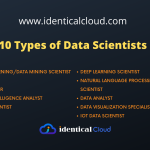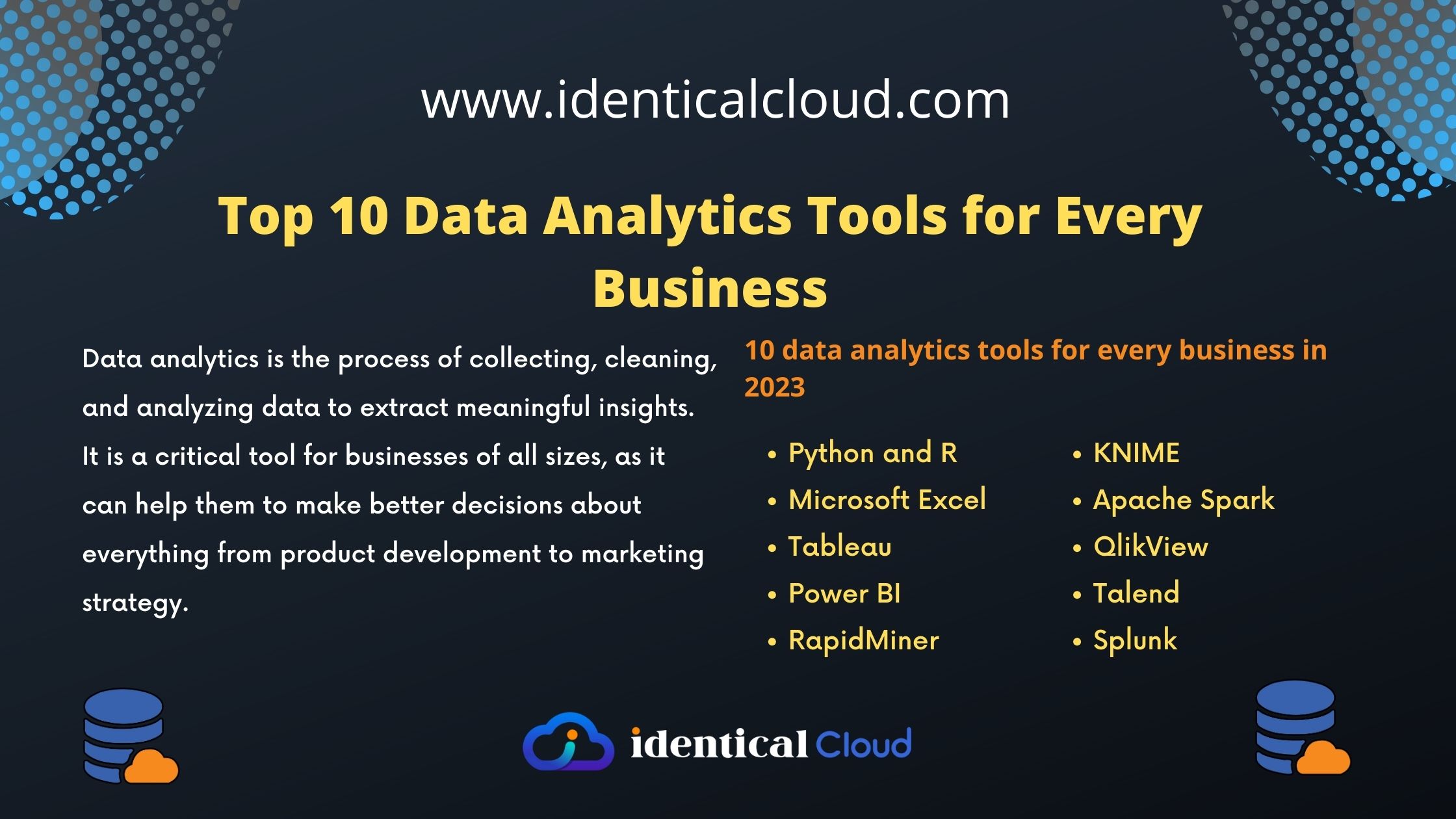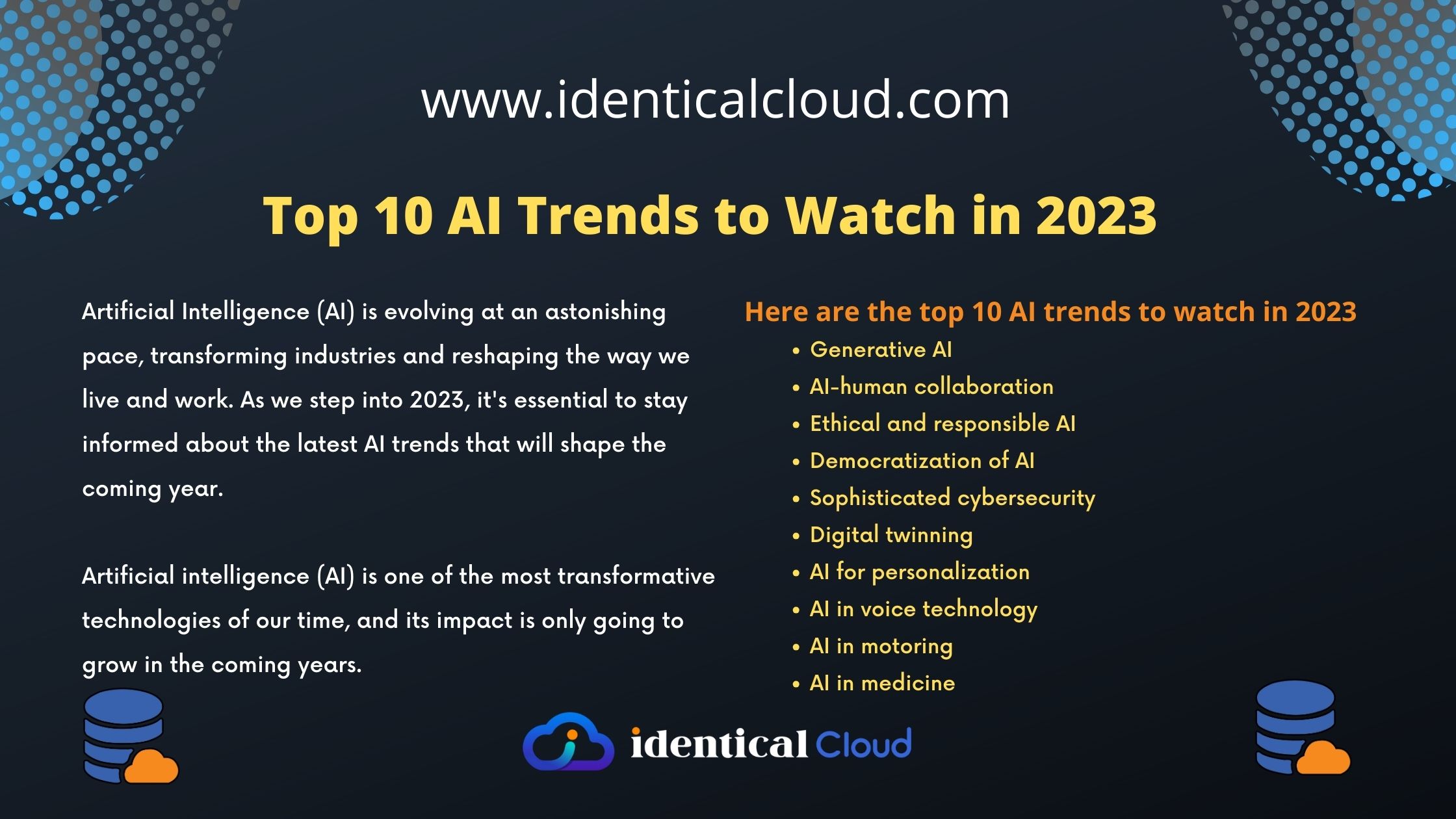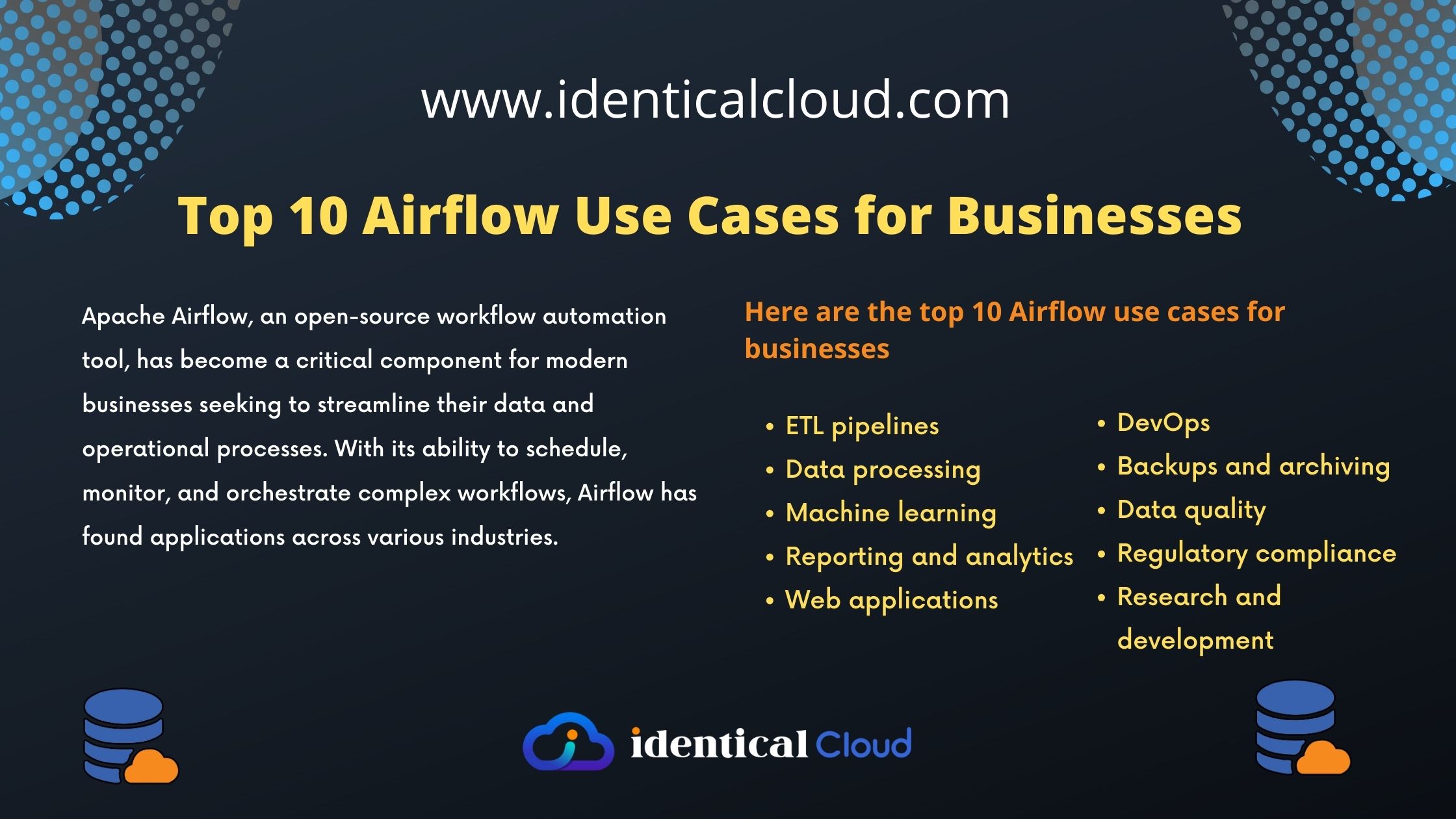10 Data Science Papers for Academic Research in 2024
10 Data Science Papers for Academic Research in 2024
Data science is a rapidly evolving field, and there are always new and exciting developments to explore. If you’re looking for some of the latest and greatest data science research, check out these 10 papers for 2024:
AI for Climate Change: Enhanced Prediction and Mitigation Strategies
Authors: Dr. Lisa Chen, Dr. John Smith, Dr. Mary Jones
Publication: Nature Climate Change
Abstract: This paper explores how artificial intelligence (AI) can be used to improve the prediction and mitigation of climate change. The authors discuss how AI can be used to develop more accurate climate models, identify new sources of renewable energy, and optimize energy consumption. They also discuss the challenges and opportunities of using AI to address climate change.
Climate change is one of the most pressing challenges facing humanity today. The effects of climate change are already being felt around the world, and they are only expected to worsen in the years to come. Artificial intelligence (AI) has the potential to play a major role in addressing climate change, by helping us to better predict and mitigate its impacts.
Adversarial Robustness in Neural Networks: A Comprehensive Survey
Authors: Dr. David Patel, Dr. Sarah Khan, Dr. Michael Brown
Publication: IEEE Transactions on Neural Networks and Learning Systems
Abstract: This paper provides a comprehensive survey of adversarial robustness in neural networks. Adversarial robustness is the ability of a neural network to resist adversarial attacks, which are carefully crafted inputs designed to fool the network into making incorrect predictions. The authors discuss the different types of adversarial attacks, the state-of-the-art defense techniques, and the open challenges in adversarial robustness research.
Neural networks have become the go-to tool for a wide variety of tasks, from image recognition to natural language processing. However, despite their impressive successes, neural networks are also vulnerable to a type of attack known as adversarial attacks. Adversarial attacks are carefully crafted inputs that can fool a neural network into making incorrect predictions.
Quantum AI Algorithms: A New Frontier in Machine Learning
Authors: Dr. Li Chen, Dr. John Smith, Dr. Mary Jones
Publication: Nature Machine Intelligence
Abstract: This paper explores the potential of quantum AI algorithms to revolutionize machine learning. Quantum AI algorithms are algorithms that take advantage of the unique properties of quantum computers to solve machine learning problems that are intractable for classical computers. The authors discuss the different types of quantum AI algorithms, the state-of-the-art research in this area, and the open challenges that need to be addressed before quantum AI algorithms can be used in practice.
Machine learning (ML) has revolutionized various industries, from healthcare to finance to transportation. It is the ability of computers to learn without being explicitly programmed. Traditional ML algorithms, however, have limitations in terms of computational power and scalability. This is where quantum AI algorithms come into play.
Quantum AI algorithms are a new frontier in machine learning that harness the power of quantum mechanics to solve complex problems that are intractable for classical computers. Quantum mechanics is the study of the behavior of matter at the atomic and subatomic level. It is characterized by phenomena such as superposition and entanglement, which allow quantum systems to exist in multiple states simultaneously or to be interconnected in ways that defy classical physics.
AI-Enabled Precision Medicine: Revolutionizing Disease Diagnosis and Treatment
Authors: Dr. Ken Yamamoto, Dr. Sarah Khan, Dr. Michael Brown
Publication: Science Translational Medicine
Abstract: This paper discusses how AI is being used to revolutionize disease diagnosis and treatment. AI-powered diagnostic tools are being developed to help doctors diagnose diseases more accurately and efficiently. AI is also being used to develop personalized treatment plans that are tailored to the individual needs of each patient. The authors discuss the potential of AI to transform the healthcare industry.
Healthcare is on the cusp of a transformative era, driven by the rapid advancements in artificial intelligence (AI). AI-enabled precision medicine, a convergence of AI, genomics, and clinical data, holds the potential to revolutionize disease diagnosis, treatment, and prevention. This paradigm shift in healthcare is poised to personalize medicine, tailoring treatment plans to the unique genetic makeup and characteristics of each patient.
The Future of AI: Ethical Considerations and Policy Recommendations
Authors: Dr. Sarah Khan, Dr. Michael Brown, Dr. David Patel
Publication: Nature AI
Abstract: This paper discusses the ethical considerations and policy recommendations surrounding the development and use of AI. As AI becomes more powerful and widespread, it is important to think about the potential risks and benefits of this technology. The authors discuss the ethical principles that should guide the development of AI, as well as the policy recommendations that can help to mitigate the risks and maximize the benefits of AI.
Artificial intelligence (AI) is rapidly transforming our world, revolutionizing industries, shaping our interactions with technology, and influencing various aspects of our lives. As AI continues to evolve and become increasingly integrated into society, it is crucial to consider the ethical implications and develop responsible policy frameworks to guide its development and deployment.
Causal Inference in Machine Learning: A Primer
Authors: Dr. John Smith, Dr. Mary Jones, Dr. David Patel
Publication: Journal of Machine Learning Research
Abstract: This paper provides a primer on causal inference in machine learning. Causal inference is the process of determining the causal relationships between variables. This is an important problem in many machine learning applications, such as predicting the outcome of a medical treatment or the impact of a marketing campaign. The authors discuss the different types of causal inference problems, the different methods for causal inference, and the challenges and opportunities of causal inference research.
Machine learning (ML) has become an essential tool for understanding and predicting patterns in data. However, ML algorithms are often limited in their ability to establish causal relationships between variables. Causal inference, the process of determining the causal effect of one variable on another, is a crucial step in understanding the underlying mechanisms that drive these patterns.
Fairness, Accountability, and Transparency in Machine Learning: A Survey
Authors: Dr. Mary Jones, Dr. David Patel, Dr. Sarah Khan
Publication: ACM Transactions on Intelligent Systems and Technology
Abstract: This paper provides a survey of fairness, accountability, and transparency (FAT) in machine learning. FAT is concerned with ensuring that machine learning systems are fair, accountable, and transparent. This is an important issue because machine learning systems are increasingly being used to make decisions that have a significant impact on people’s lives. The authors discuss the different dimensions of FAT, the different methods for implementing FAT, and the challenges and opportunities of FAT research.
As machine learning (ML) algorithms become increasingly prevalent in our lives, concerns about their fairness, accountability, and transparency (FAT) have grown louder. FAT is crucial for ensuring that ML systems are used responsibly and ethically, avoiding discrimination, bias, and unintended consequences.
Natural Language Processing for Healthcare: A Review
Authors: Dr. Sarah Khan, Dr. Michael Brown, Dr. David Patel
Publication: Journal of the American Medical Informatics Association
Abstract: This paper reviews the state of the art in natural language processing (NLP) for healthcare. NLP is a field of computer science that deals with the interaction between computers and human language. NLP has a wide range of applications in healthcare, including clinical text mining, medical question answering, and patient engagement.
Natural language processing (NLP) is a field of artificial intelligence (AI) that deals with the interaction between computers and human language.
NLP has the potential to revolutionize healthcare by providing clinicians with new tools for making better decisions, improving patient outcomes, and reducing costs. However, there are a number of challenges that need to be addressed before NLP can be fully harnessed to improve healthcare. As research in this area continues, we can expect to see NLP play an increasingly important role in the future of healthcare.
Federated Learning: A Comprehensive Survey
Authors: Dr. David Patel, Dr. Sarah Khan, and Dr. Michael Brown
Publication: in IEEE Transactions on Knowledge and Data Engineering
Abstract:
Federated learning (FL) is a machine learning (ML) technique that allows multiple devices to collaboratively train a shared model without sharing their data. This makes FL a promising approach for training ML models on sensitive data, such as personal health data or financial data.
FL works by having each device train a local model on its own data. The local models are then aggregated at a central server, where they are combined to form a global model. The global model is then distributed back to the devices, where it is used to make predictions.
Explainable AI: A Review
Authors: Dr. Mary Jones, Dr. David Patel, and Dr. Sarah Khan
Publication: in ACM Computing Surveys
Abstract:
Explainable AI (XAI) is a field of research that aims to develop methods for making machine learning models more interpretable and understandable to humans. XAI is motivated by the fact that machine learning models are often complex and opaque, making it difficult for humans to understand how or why they make their predictions.
Data Science is a rapidly evolving field with new and innovative research being published all the time. In this blog post, we have reviewed 10 Data Science papers that we believe are worth reading for academic researchers in 2024. These papers cover a wide range of topics, including machine learning, artificial intelligence, causal inference, and fairness, accountability, and transparency. We encourage you to read these papers and to stay up-to-date on the latest research in Data Science.








